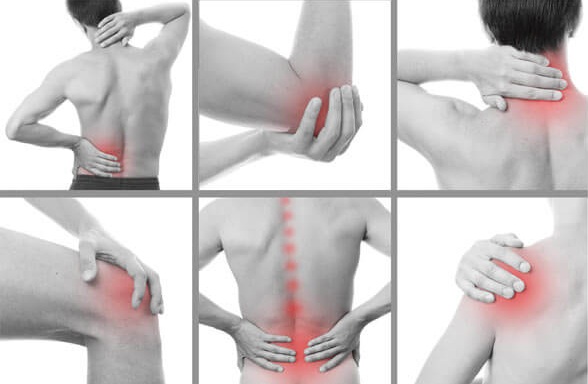The Magnesium Deficiency can make you twice as likely to die as other people. Magnesium can cure or eliminate the symptoms of a large number of diseases.

Table of Contents
If you have any of these symptoms, you might be magnesium deficient.
- Insomnia
- Anxiety
- Muscle cramps or twitches
- Sensitivity to loud noises
- Autism
- ADD
- Angina
- Anal spasms
- Headaches and Migraines
- Irritability
- Palpitations
- Chronic fatigue
- Fibromyalgia
- Asthma
- Diabetes
- Kidney stones
- Obesity
- Diabetes
- PMS
- High blood pressure
- Menstrual cramps
- Reflux
- Trouble swallowing
- Irritable bowel syndrome
This magnesium deficiency can also lead to inflammation in the body and higher CRP levels. Magnesium deficiency in our society is an underestimated problem. This is because a serum magnesium level is the least sensitive way to detect a drop in your body magnesium level.
It can be triggered by the food we eat on a daily base that does not contain magnesium. Usually, diets have a highly-processed, refined food that does not contain magnesium and it is based on white flour, dairy, and meat. The good news is that is really easy to treat the magnesium deficiency.
How to treat magnesium deficiency
You can treat the magnesium deficiency in three ways:
Stop depriving your body of magnesium
- Limit consuming coffee, colas, salt, sugar, and alcohol
- Practice active relaxation
- Check if your medication is causing magnesium loss
Consume foods high in magnesium
- You need to eat more: wheat bran, kelp, almonds, wheat germ, dandelion greens, garlic, cashews, brazil nuts, buckwheat, millet, dulse, filberts, walnuts, pecans, rye, soybeans, and brown rice.
Take Magnesium supplements
- The most absorbable forms are magnesium citrate, glycinate taurate, or aspartate, although magnesium bound to Kreb cycle chelates are also good.
- The side effects of too much magnesium include diarrhea, that can be avoided if you switch to magnesium glycinate.
Magnesium is a relaxation mineral
In order to recognize Magnesium Deficiency, you have to know that if you ever feel that something is irritable, crampy, stiff, and tight, then that is the sign.
Magnesium is responsible for over 300 enzyme reactions and it can be found in bones, muscles, and the brain. So, next time you get any of the symptoms you should either eat a food that contains magnesium or some magnesium supplements. That will help you to reduce the symptoms and relieve the pain.
